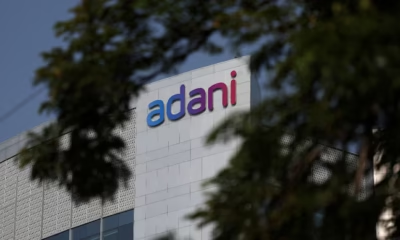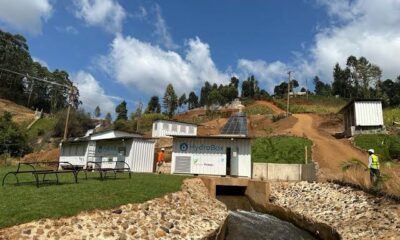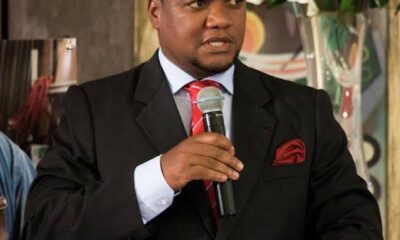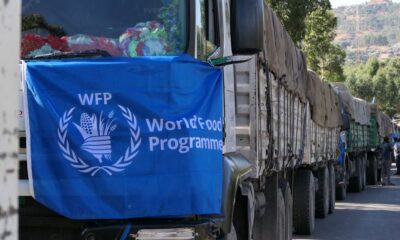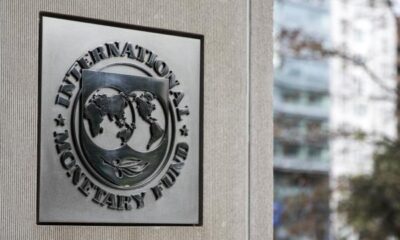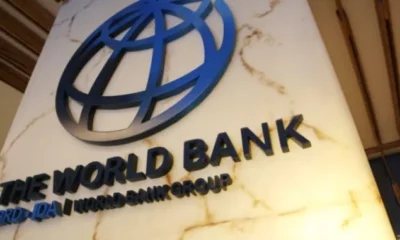In Nigeria, 25 state governments will benefit from the $500m World Bank loan to strengthen hydropower and irrigation water resource management.
The Federal Ministry of Water Resources and Sanitation and the Ministry of Power signed a Memorandum of Understanding with the World Bank on Tuesday to execute the Sustainable Power and Irrigation for Nigeria project.
In attendance were Prof. Joseph Utsev, Minister of Water Resources and Sanitation, and Adebayo Adelabu, Minister of Power. Bolaji Tunji, Special Adviser to the Minister of Power on Strategic Communication and Media Relations, announced the development in Abuja.
Niger, Gombe, Sokoto, Enugu, Bauchi, Cross River, Nasarawa, Ekiti, Kebbi, Plateau, Ebonyi, Zamfara, Abia, Kwara, Imo, Taraba, Kano, Delta, Osun, Jigawa, Edo, and Kogi are the states.
The effort seeks to improve dam safety, water resource management, hydropower, and irrigation systems nationwide.
“The Federal Ministry of Water Resources and Sanitation and the Ministry of Power have signed a Memorandum of Understanding to implement the Sustainable Power and Irrigation for Nigeria project.
“The 500 million dollar World Bank SPIN project aims to enhance dam safety and improve water resource management for hydropower and irrigation across 25 states.
In his speech, Power Minister Adebayo Adelabu stressed the partnership’s role in sustainable hydropower development and energy security.
Even though the country has tremendous water resources, just 2% of its 14-gigawatt hydropower potential has been used, leaving huge chances unmet.
He said, “Hydropower currently contributes about 20% of Nigeria’s grid supply, with a potential estimated at 14GW (14000 megawatts) of which only 15 per cent has been tapped.
“This collaboration underscores the Federal Government’s commitment to leveraging our natural resources for sustainable development.
“Through SPIN, we aim to optimize water resources to provide clean and reliable energy while supporting irrigation and agriculture for enhanced food security.”
Adelabu highlighted the MoU as a key step toward harnessing renewable energy, optimizing natural resources, and diversifying the energy mix in line with the Nigeria Energy Transition Plan.
He noted the initiative’s potential to transform the energy landscape and provide sustainable power for millions.
He further stated that under the current federal government administration, measures such as the Electricity Act 2023 are decentralizing the electricity market and enabling subnational governments’ participation.
Adelabu stressed the role of decentralized power systems in enhancing reliability and reducing risks to the national grid.
He also pointed out northern Nigeria’s solar potential, with 8 to 12 hours of daily sunshine, and reaffirmed the commitment to leveraging hydropower and fostering partnerships for a sustainable energy future.
Utsev described the SPIN project as pivotal to boosting food production, creating jobs, and strengthening Nigeria’s economy.
He commended the World Bank as a trusted partner in the country’s development, highlighting the Transforming Irrigation Management in Nigeria project, which concludes in January 2025, as a foundation for innovative solutions in water and agriculture.
As Chairman of the SPIN Preparatory Team, Utsev reaffirmed the ministries’ and partners’ full commitment to the project’s success, expressing confidence in its potential to address Nigeria’s irrigation needs and deliver significant benefits to citizens.
“We are confident that the SPIN project will build on this legacy by boosting food production and meeting the irrigation needs of our growing population,” he added.
“Our collective efforts have brought us to this significant moment, and I am confident that SPIN will deliver the tangible benefits Nigerians are eagerly anticipating,” he said.

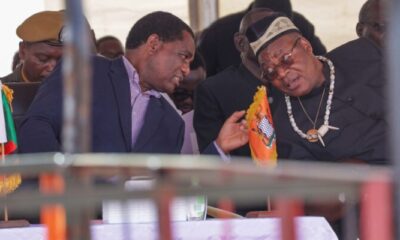
 Metro1 day ago
Metro1 day ago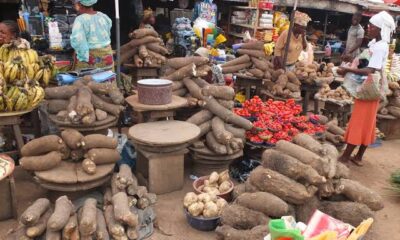
 Metro1 day ago
Metro1 day ago
 Sports1 day ago
Sports1 day ago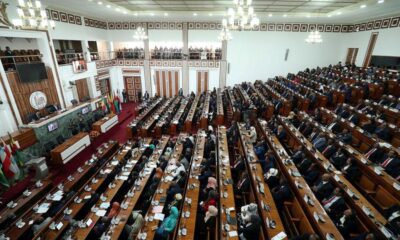
 Politics11 hours ago
Politics11 hours ago



